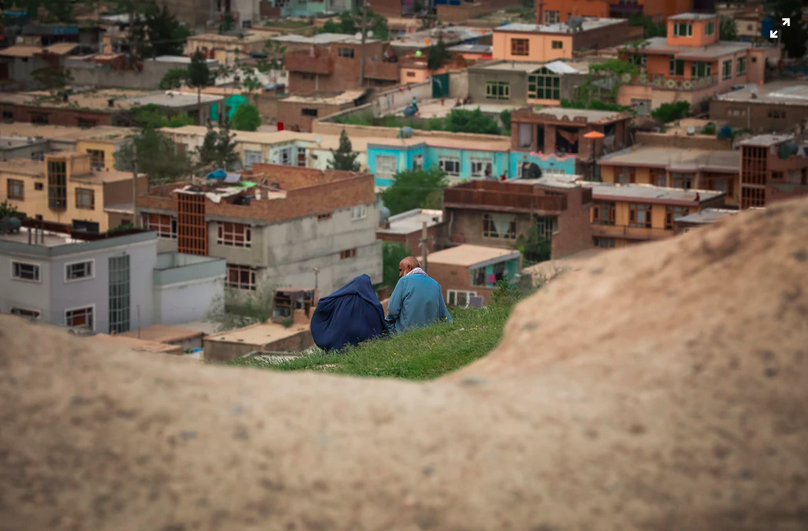The Manila-based Asian Development Bank (ADB) announced that it has approved a $100-million grant to help the Government of Afghanistan respond to the coronavirus disease (COVID-19) pandemic.
In a press release posted on its website, ADB said Afghanistan’s economic outlook has deteriorated during the COVID-19 pandemic because of business lockdowns, a sharp drop in household incomes, and a downturn in regional trade and remittances.
“ADB reaffirms its full commitment to supporting Afghanistan in its fight against COVID-19 and reducing the adverse impact of the pandemic on the lives of Afghans and the economy,” said ADB President Masatsugu Asakawa. “The assistance will help strengthen the health system, expand social protection for the poor and vulnerable population while ensuring gender mainstreaming, and support macroeconomic stabilization and job creation in Afghanistan.”
Afghanistan’s economic outlook has deteriorated during the COVID-19 pandemic because of business lockdowns, a sharp drop in household incomes, and a downturn in regional trade and remittances. ADB forecasts Afghanistan’s gross domestic product (GDP) to contract by 5.0% this year.
Nearly 250,000 micro, small, and medium-sized enterprises (MSMEs), accounting for over 80% of nonagricultural employment, have been hit hard. The unemployment rate is projected to rise to 37.9% in 2020 from 23.9% in 2019. The budget deficit including grants has nearly tripled, reaching 3% of GDP in 2020, compared to 2019. Spikes in food prices due to disruptions in the food supply have increased the food insecurity risks.
To mitigate the adverse impacts of the pandemic, the government rolled out its comprehensive countercyclical pandemic response package of $633.9 million, comprising health, social protection, and macroeconomic stabilization measures. ADB’s COVID-19 Active Response and Expenditure Support (CARES) Program grant will support the delivery of the government’s response package.
The program has several components. It will support the government in conducting a nationwide gender-sensitive public awareness campaign for COVID-19, scaling up the capacity of medical facilities, including gender-sensitive treatment facilities and the availability of medical supplies and equipment.
ADB said the program will also help the government extend its targeted social safety nets, including daily bread assistance to at least 310,000 poor households; water and electricity bill coverage for at least 350,000 households in Kabul, with priority given to women-headed households; coverage of over 130,000 old-age pensioners and their female heirs, including biometric registration; one-time cash transfers of 6,000 afghanis ($78) to at least 41,500 internally displaced persons and refugees; and remuneration packages for at least 32,570 disabled persons and the families of people killed in conflicts.
The program will also support the implementation of stabilization measures covering state-owned enterprises, job creation in the agriculture sector, and MSMEs. The MSME support will comprise tax exemptions, subsidized lending, vocational training, and market access. – BusinessNewsAsia.com
